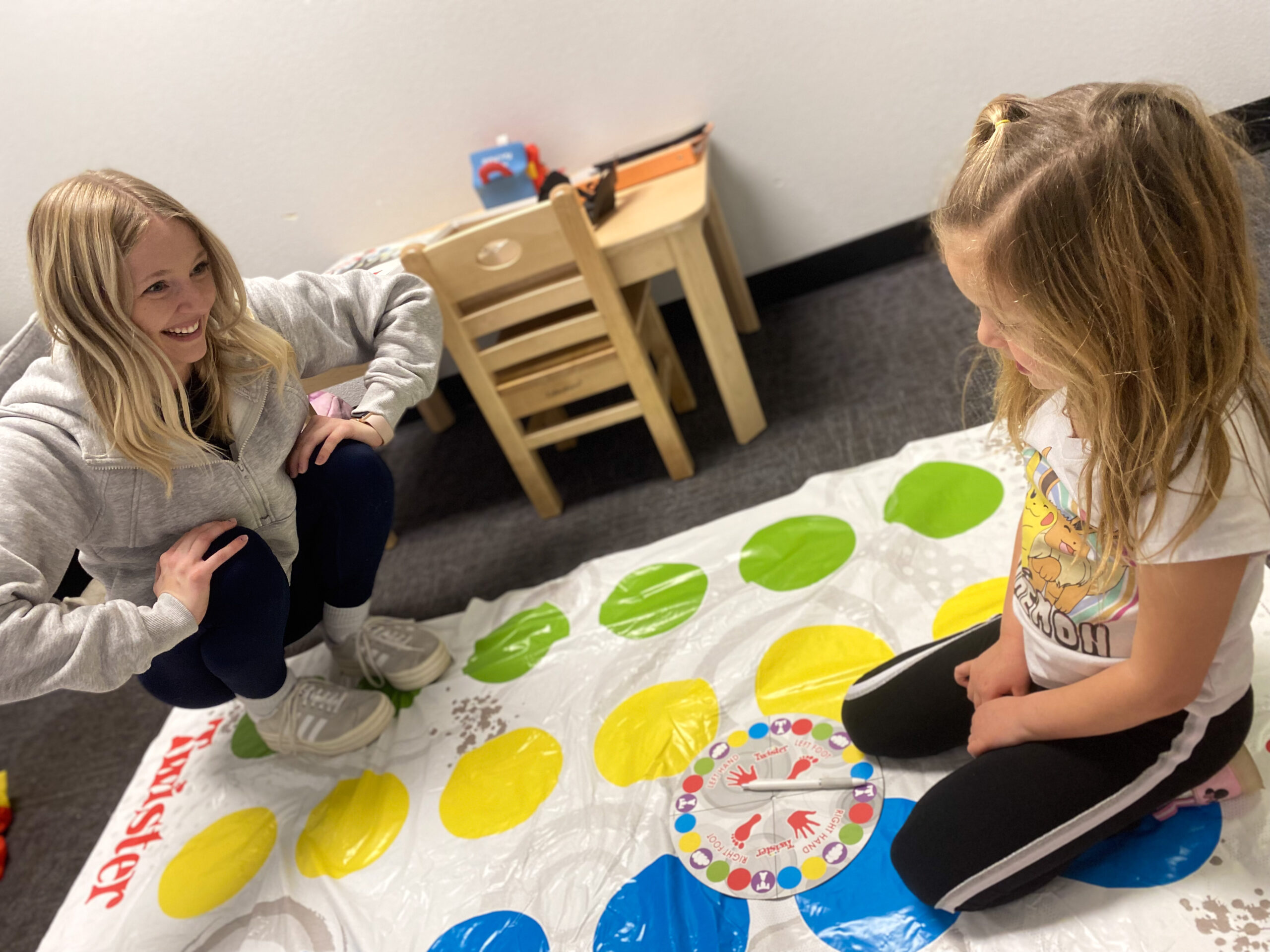Autism early intervention programs have become increasingly prevalent over the past decade as autism screening efforts have grown nationwide. As a leading provider of ABA services in Arizona, our team at St. Dominic Savio Academy and Next Step is eager to assist you in choosing the best possible treatment for your child. As a nonprofit provider of autism services since 2009, we have partnered with hundreds of families affected by autism, and we are passionate about ensuring every child receives the most effective treatment.
For many parents of children diagnosed with autism, Applied Behavior Analysis (ABA) therapy is one of the first treatments their child’s diagnostician or pediatrician will recommend. With an increase in insurance coverage for ABA therapy, the field of ABA has grown rapidly. With many providers to choose from, and an array of decisions to make (in-home? Clinic-based? Full time? Part time?) parents can be left feeling confused in their pursuit to choose the very best fit for their family, and the most effective treatment for their child.
With the rapid growth in the field of applied behavior analysis, and an ever increasing number of providers of autism services, it is more important than ever that consumers feel confident in choosing the program with the very highest standards and services.
We hope the following considerations will assist you as you make the next step for your child’s future.
WHO CAN PROVIDE ABA SERVICES?
A Board-Certified Behavior Analyst (BCBA) is a graduate level certification offered by the Behavior Analyst Certification Board (BACB). A BCBA has completed a graduate degree in a related field, has completed graduate level coursework in ABA, completed supervised work experiences, and passed the BCBA exam. A BCBA is also responsible for continuing education and recertification every two years. BCBAs typically supervise client therapy by supervising the work of Registered Behavior Technicians, designing and updating treatment plans, and providing parent and staff training.
AREAS OF SPECIALIZATION
As you evaluate the offerings of different ABA providers, you will want to consider that the training that BCBAs undergo can vary greatly depending on their fieldwork experiences, their university training, and their previous work experience. Finding a team that has experience in autism is critical to your child’s success. In addition, many young children with autism struggle with specific challenges. These might include feeding issues or challenging behaviors. Finding a provider who has experience with the unique challenges your family is facing is important, so don’t hesitate to ask!
PARENTS AS PARTNERS
Partnering with a program that has a variety of parent training opportunities is important as you begin your ABA journey. It is invaluable as your child develops to have a team of experts to tap into when questions arise. Some questions to include as you interview providers would be:
- How are parents involved and trained in their child’s treatment?
- Do parents have a say in the selection of treatment objectives?
- Can parents observe treatment? How frequently?
- How, and how frequently are parents informed of progress?
CHALLENGING BEHAVIORS
If your child is currently engaging in maladaptive or challenging behaviors, and you expect this to be a treatment objective, you will want to ensure that the program you select has had experience with the reduction or elimination of challenging behaviors and that their staff are equipped to manage the areas of concern for your child. A therapy team who has had a long history of success with young learners with autism should be well versed in a variety of behavior reduction procedures, but it is important to ask, and begin the dialogue about your child’s needs in this area.

STAFF TRAINING
An ABA organization cannot be successful if its direct care team is not highly effective, and they cannot be highly effective without rigorous initial training, and ongoing coaching and training opportunities. ABA organizations vary in the training and experience they require their direct care staff to have. Some organizations offer initial training for prospective Registered Behavior Technicians (RBT), and supervision for future Board Certified Behavior Analysts (BCBA).
NON-PROFIT VS FOR-PROFIT
As a parent investigating ABA services, the consideration to the business structure of various organizations may seem unimportant. However, the way a business is structured can indicate what it values, and how decisions may be made that affect your child’s treatment.
Non-profit:
A non-profit organization exists for the benefit of the community, not for a profit to owners or shareholders. A non-profit organization’s primary objective at all times is to take the action that most benefits your child’s success, even when that action may not be the most financially beneficial.
For-profit:
Recently, there has been a massive increase in ABA companies being owned by private equity companies, whose goal is typically to purchase the company, increase profits as quickly as possible, and then sell the business to the highest bidder. While this has increased the number of providers in most counties, it raises concern over the prevailing values with which they make decisions, and the effect this may have on your child’s treatment.
HOW TO GET HELP CHOOSING AN ABA PROGRAM FOR YOUR CHILD
If you are ready to learn how Next Step can benefit your family, or you’d just like to speak to a member of our team to learn more, reach out to our Clinical Coordinator through our inquiry form or call our office at 480-659-5456. We look forward to serving your family.


Recent Comments